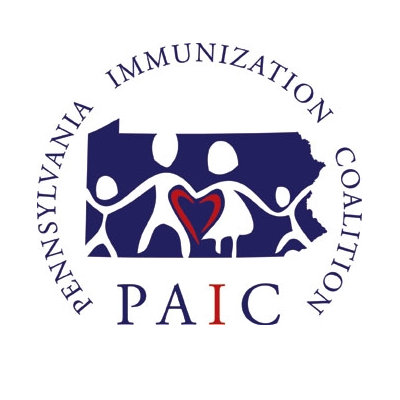U.S. kids not getting measles shots before international travel
(Reuters Health) – Even with measles outbreaks common in many parts of the world, doctors and parents are often not opting to have children vaccinated before international travel, a new study suggests.
Nearly 60% of children who could have benefited from the MMR (measles, mumps and rubella) vaccination did not get it during pre-travel doctor’s appointments, researchers found.
While nearly 40% of those children did not get vaccinated because their parents or guardians declined, an equal number missed vaccinations because they weren’t offered by the clinician, according to the study in JAMA Pediatrics.
“The main message is that providers should consider MMR vaccination for children traveling internationally if they are eligible for it,” said the study’s lead author, Dr. Emily Hyle, an infectious disease physician at Massachusetts General Hospital in Boston.
“Those traveling internationally are at a higher risk of being infected because there is more measles circulating globally than there is in the U.S., Hyle said. “Kids going to areas that are higher risk can easily be infected just by breathing because measles is spread through droplets in the air that last up to 2.2 hours.”
The results were not what Hyle and her colleagues expected. “We were really, really surprised,” she said. “We anticipated that guardians would refuse, but we didn’t expect that nearly 40% of eligible kids didn’t get vaccinated because the provider didn’t recommend it.”
To take a closer look at measles vaccinations among children who were going to be traveling internationally, Hyle and her colleagues turned to data from the Global TravEpiNet, a consortium of U.S. travel medicine clinics supported by the Centers for Disease Control and Prevention (CDC). Data for the new study came from 29 sites across the country from 2009 through 2018.
The researchers focused on 2,864 children who were deemed to be eligible for vaccination. That included children between 6 and 12 months old who had not yet been vaccinated (unless the risk of exposure is high, children aren’t usually vaccinated until they are a year old) and older children who had not yet received two doses of the MMR vaccine.
Just 41.3% of eligible children received vaccinations during their visits. Among those who did not, the reason for 36.9% of kids was that it was not offered by the clinician, and for 36.4% because the guardian refused it. Another 25.7% were referred to the child’s regular provider, and for 1% of cases, the vaccine was unavailable.
The most common reason clinicians didn’t recommend vaccination is that they concluded, incorrectly, the child was not eligible. Guardians most commonly reported not being concerned about measles.
The U.S. experienced more than 1,000 measles cases in the first half of 2019, the study team notes, the majority originating with travelers returning home infected. And while children represent less than 10% of international travelers from the U.S., they accounted for 47% of measles importations.
The study illustrates “one more missed opportunity for measles vaccination,” said Dr. Albert Wu, an internist and professor of health policy and management at the Johns Hopkins Bloomberg School of Public Health in Baltimore, Maryland. “It’s surprising and disappointing that the clinicians involved failed to recommend vaccination as often as they did. Clearly there is still a need for better education and knowledge among both doctors and patients to reduce the risk of serious travel-related illnesses like this.”
SOURCE: bit.ly/2RzEKUj JAMA Pediatrics, online December 9, 2019
Read full article here.
